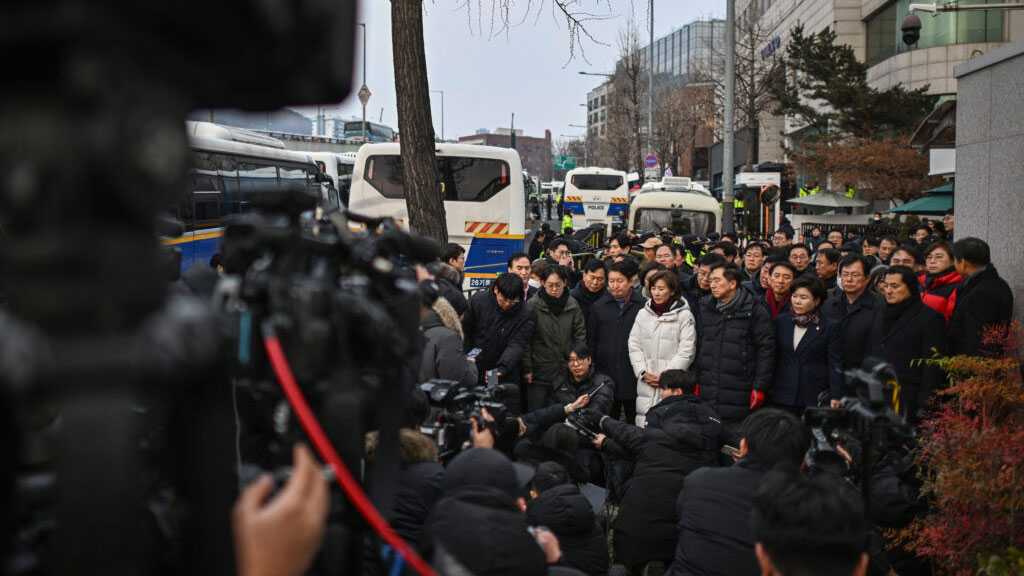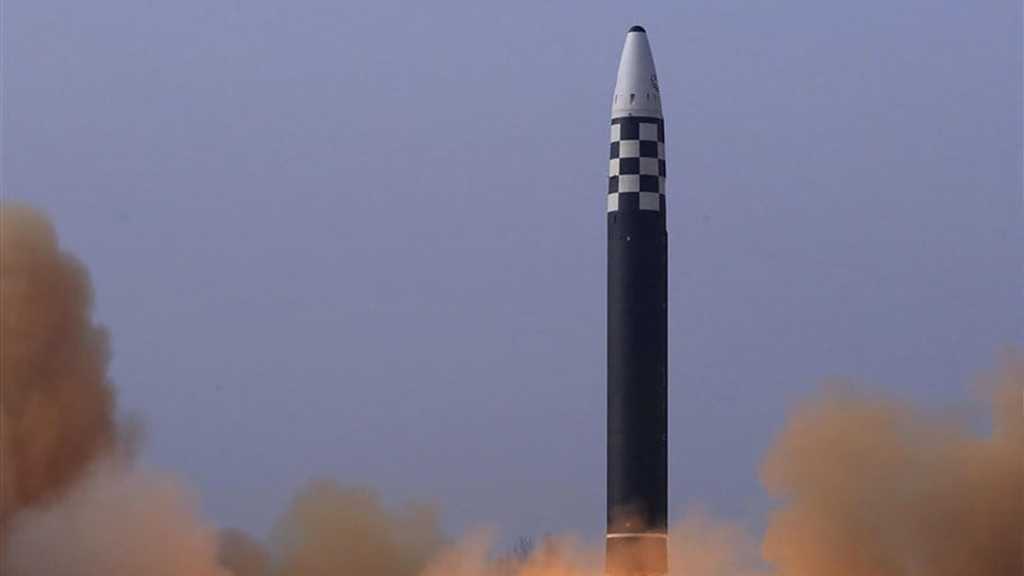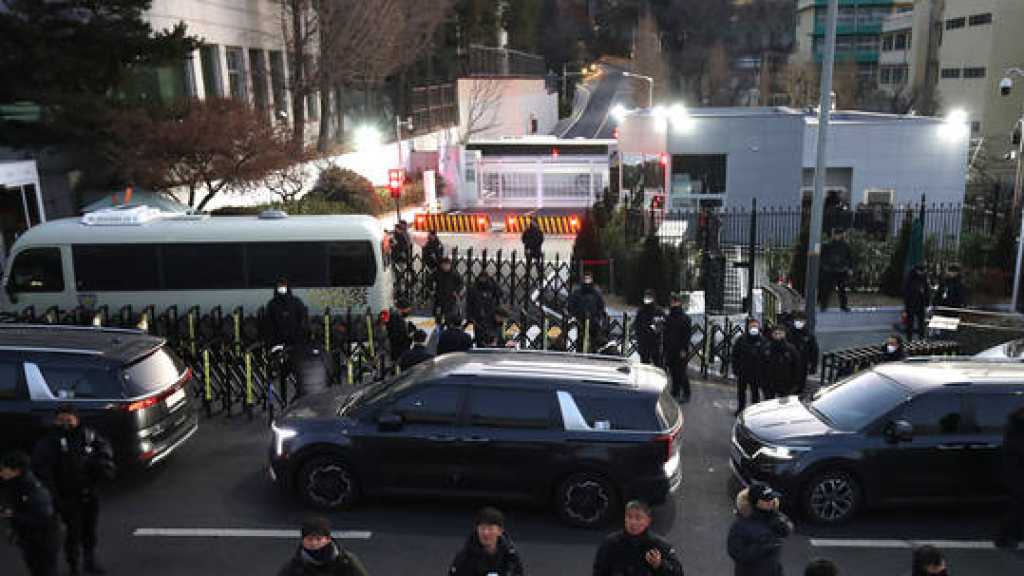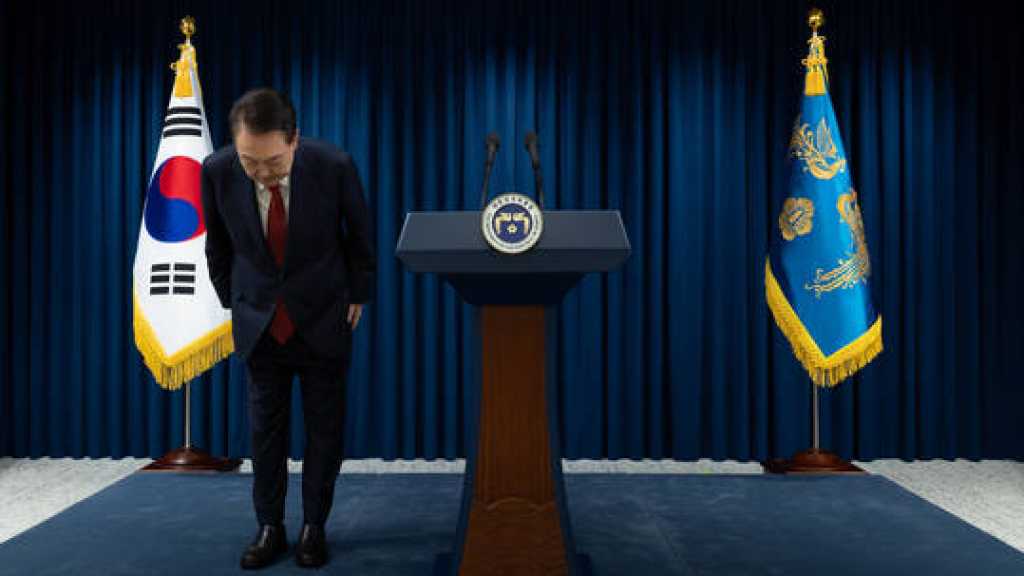
S. Korea Protests Switch Focus to Impeachment Court
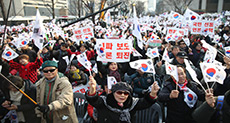
Local Editor
Tens of thousands of protesters turned out in Seoul for the eighth straight week Saturday, pushing for the swift and permanent removal of impeached South Korean President Park Geun-Hye.

Unlike previous weeks, the demonstrators didn't have the streets of the capital all to themselves, with a sizeable rally by Park loyalists seeking to buttress support for the beleaguered president.
The main anti-Park protest began with a gathering in central Seoul, with organizers putting the turnout at around 300,000.
It then split into three columns, marching on the presidential Blue House, the office of the prime minister and on the Constitutional Court whose nine justices are considering the validity of the impeachment bill passed by the national assembly more than a week ago.
The court has 180 days to make a ruling, but the protesters are pressing for a swift judgement.
Although Park has been stripped of her substantial executive powers, she is allowed to retain the title of president and continue to live in the Blue House while the court deliberates.
The protesters are adamant that she should resign immediately and face criminal prosecution.
Park still has her supporters, many of them elderly voters who remain steadfast admirers of her father, the late military dictator Park Chung-Hee - credited as the architect of the South's economic transformation but vilified as an authoritarian rights abuser.
Police said around 30,000 Park loyalists attended their own rally near the court earlier in the day to demand the impeachment bill be thrown out.
Waving national flags and clutching red roses they carried banners denouncing the anti-Park protests as a leftist conspiracy.
On Friday, Park's legal team formally submitted a 24-page rebuttal of the impeachment charges to the court, arguing that they had no legal basis.
"We can't accept that there was any violation of the constitution by the president ... the impeachment motion should be rejected," one of her lawyers, Lee Joong-Hwan, told reporters.
Park was impeached on numerous counts of constitutional and criminal violations ranging from a failure to protect people's lives to bribery and abuse of power.
Most of the charges stemmed from an investigation into a scandal involving the president's long-time friend, Choi Soon-Sil, who is currently awaiting trial for fraud and embezzlement.
Prosecutors named Park a suspect in the case -- a first for a sitting president -- saying she colluded in Choi's efforts to strong-arm donations from large companies worth tens of millions of dollars.
The impeachment process was ignited and fueled by public outrage at Park's behavior, with the weekly mass demonstrations demanding that politicians take a proactive role in removing her from the presidential Blue House.
The National Assembly had played its part, but the country now faces a lengthy period of uncertainty at a time of slowing economic growth and elevated military tensions with nuclear-armed North Korea.
The mass rallies, some of which drew crowds of more than one million people, had been passionate but good-natured so far, with no clashes despite a heavy police presence.
Source: News Agencies, Edited by website team
Comments
- Related News
